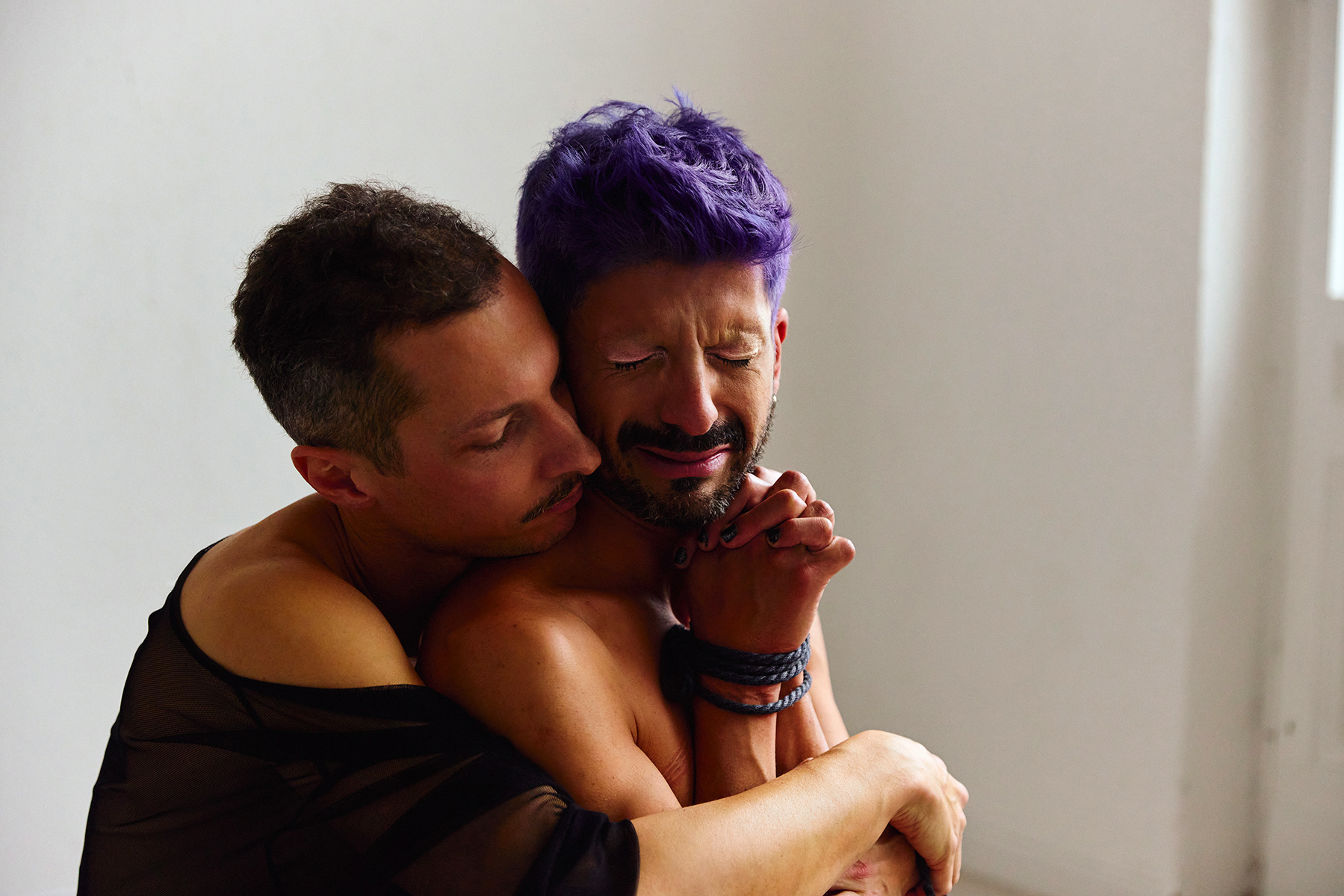Bound and Freed
A Conversation with Queer Artist Pepe
about Pain and Self-Discovery.
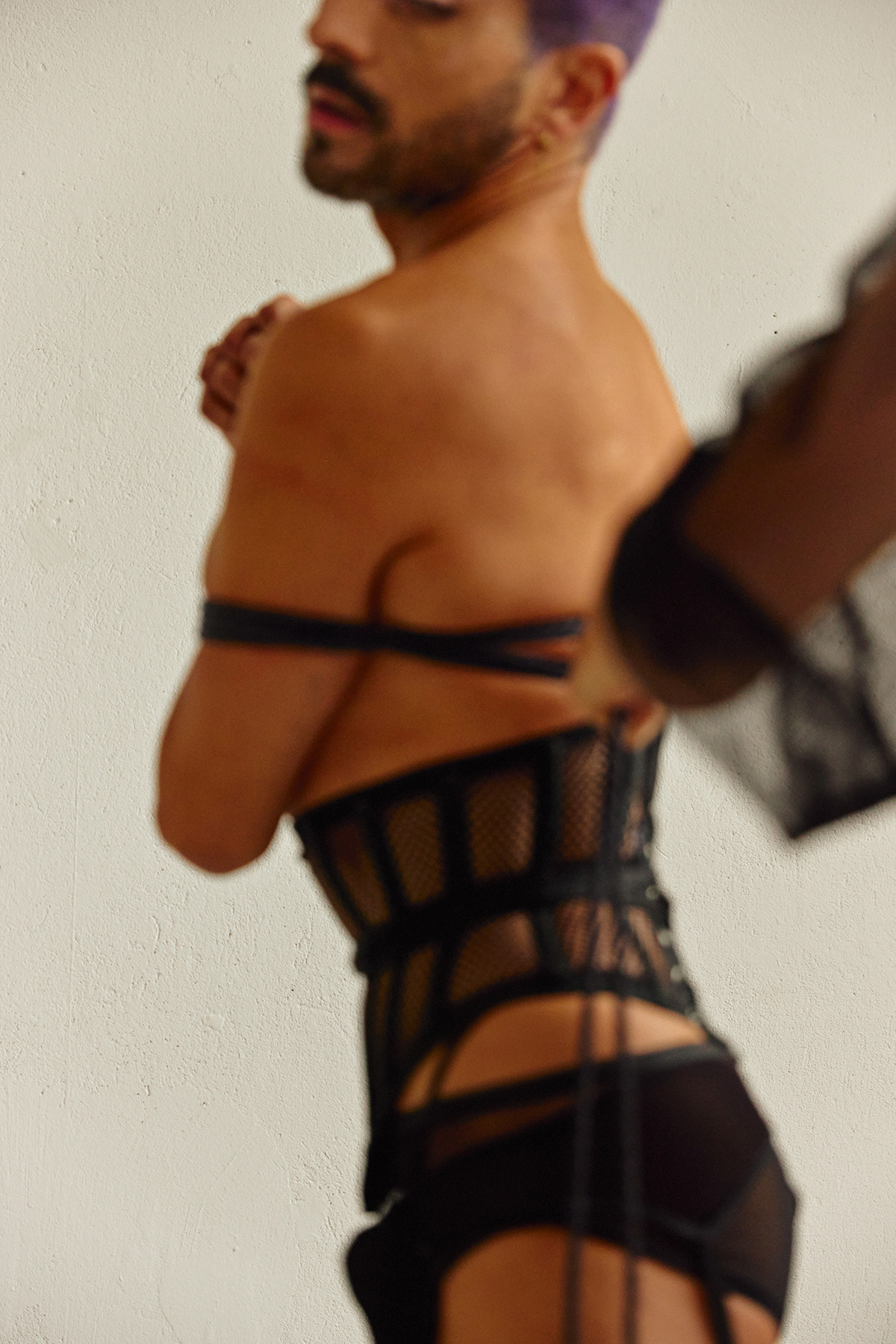
AF: We recently did a photo series that also deals with Shibari. You almost canceled. What happened?
Pepe: It was a pretty challenging day. I was only recently diagnosed with ADHD and BPD (Borderline Personality Disorder). Five minutes before our photoshoot, my then-partner broke up with me. He said he had read somewhere that people with BPD are manipulative — and he drew his conclusions from that. I was completely devastated when you rang my doorbell. I actually wanted to cancel the shoot, but I didn’t dare to.
AF: I would have understood that. All the more amazing that we still went through with it.
Pepe: Yes. And it turned out very different than planned. I was emotionally overwhelmed, and while my best friend was tying me up in the Shibari ropes, everything just broke out of me. I cried.
The ropes held me when I couldn’t hold myself anymore. It was painful, but honest. Even though we didn’t go “all in” with the Shibari. To me, the pictures don’t show beauty in the classical sense — they show truth.
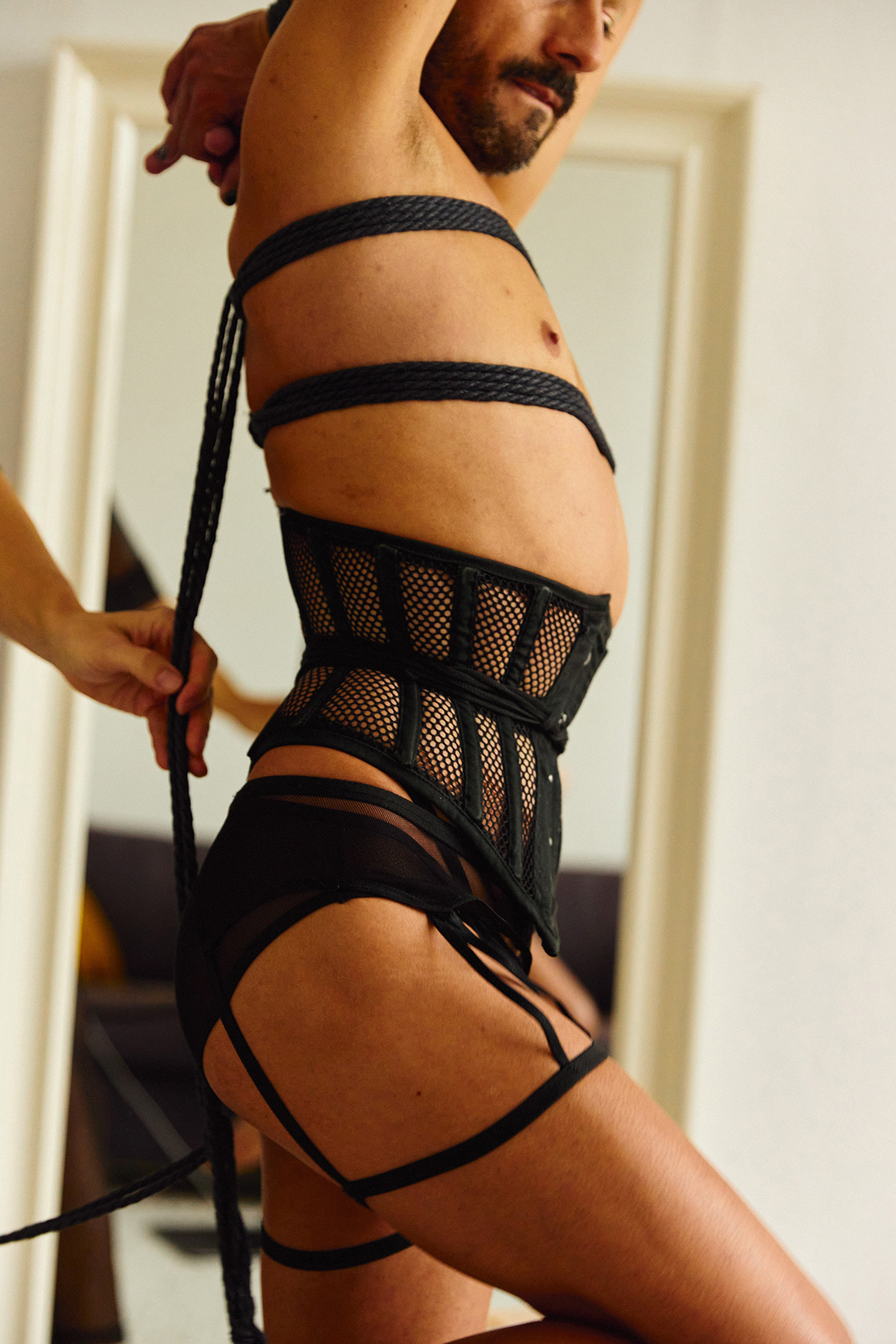
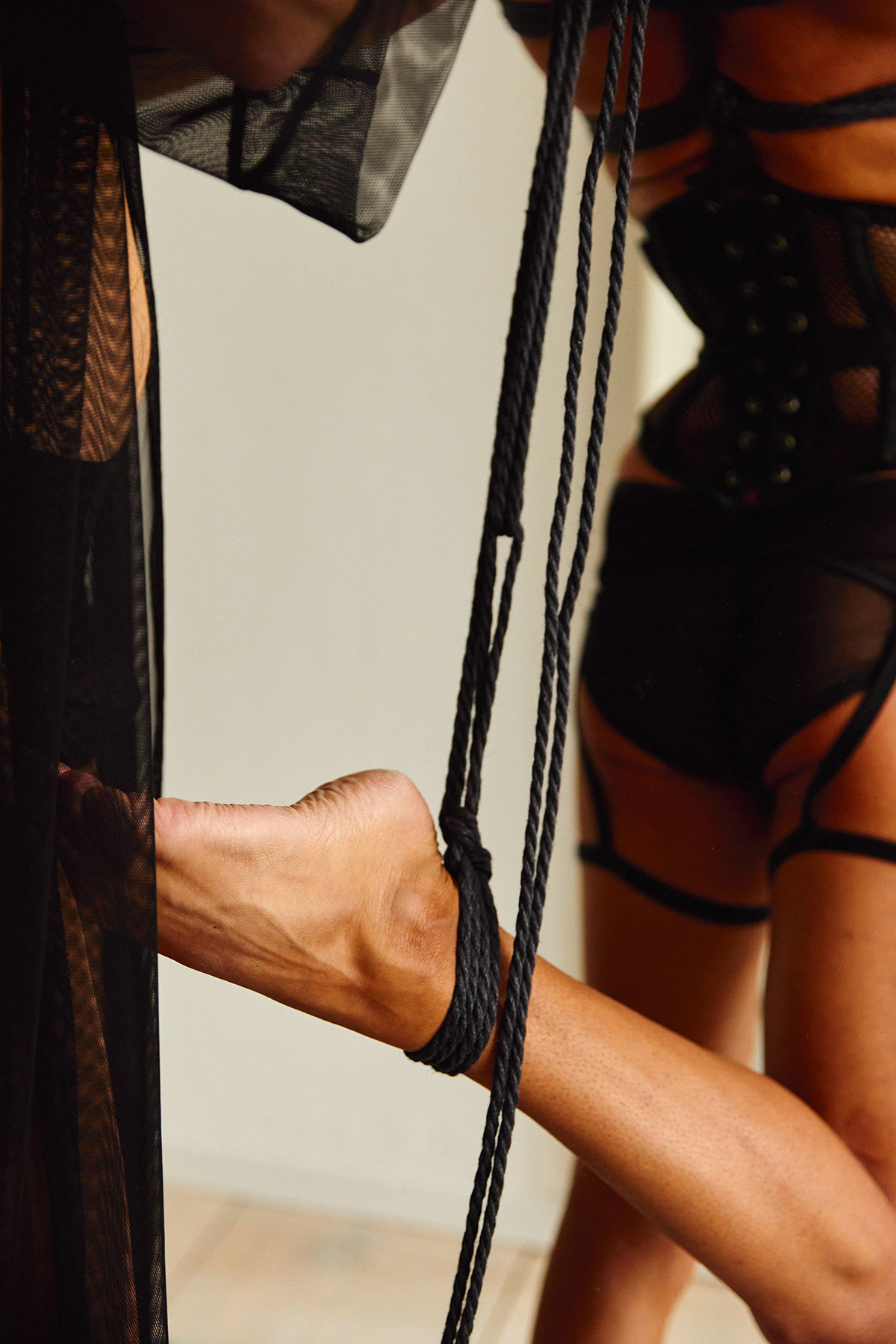
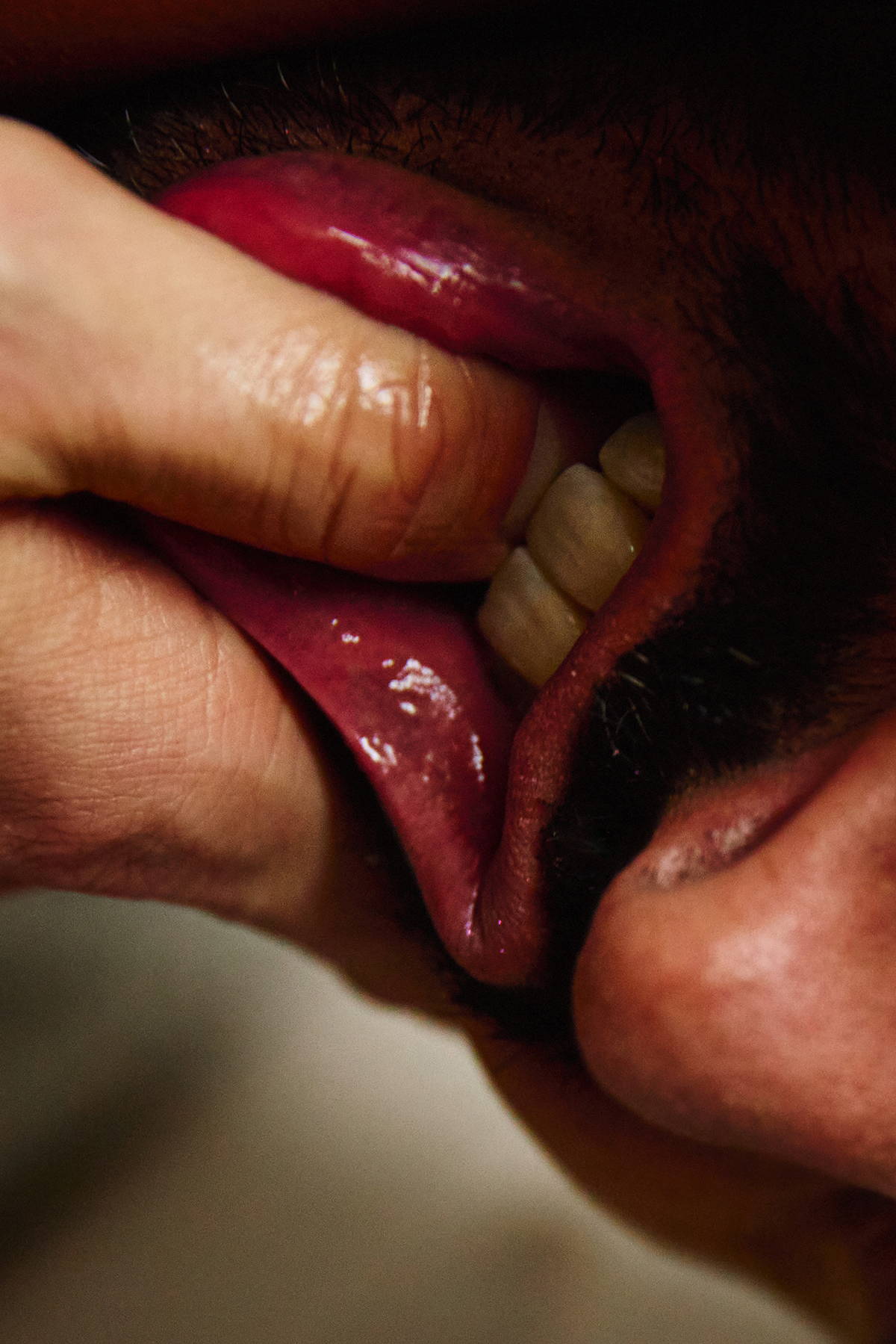
AF: What does Shibari mean to you?
Pepe: It’s not a fetish for me, but a form of communication. In the moment I’m tied up, I can’t hide anything anymore. I can’t escape, can’t run away, can’t pretend. And that brings me to myself. Sometimes it’s painful. But also healing.
AF: You mentioned Borderline earlier. Would you like to tell me more about it?
Pepe: I was only recently diagnosed. I’m trans, queer, neurodivergent — and I’ve been through a lot.
Violence, bullying, you name it... For a long time, I thought there was simply “something wrong” with me.
It was only a TikTok video about Borderline that showed me: what I feel is explainable. I’m not alone.
That was like a key moment.
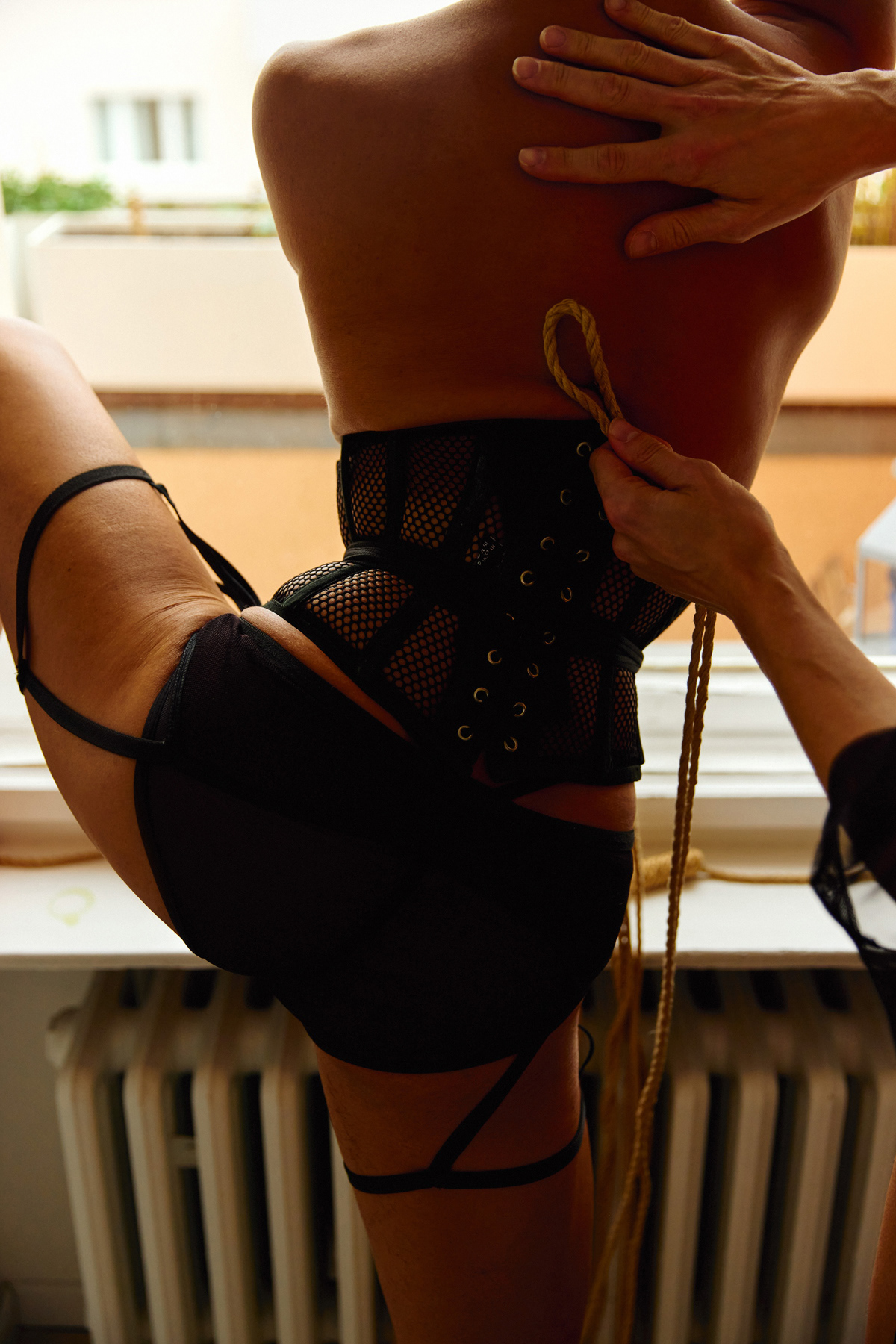
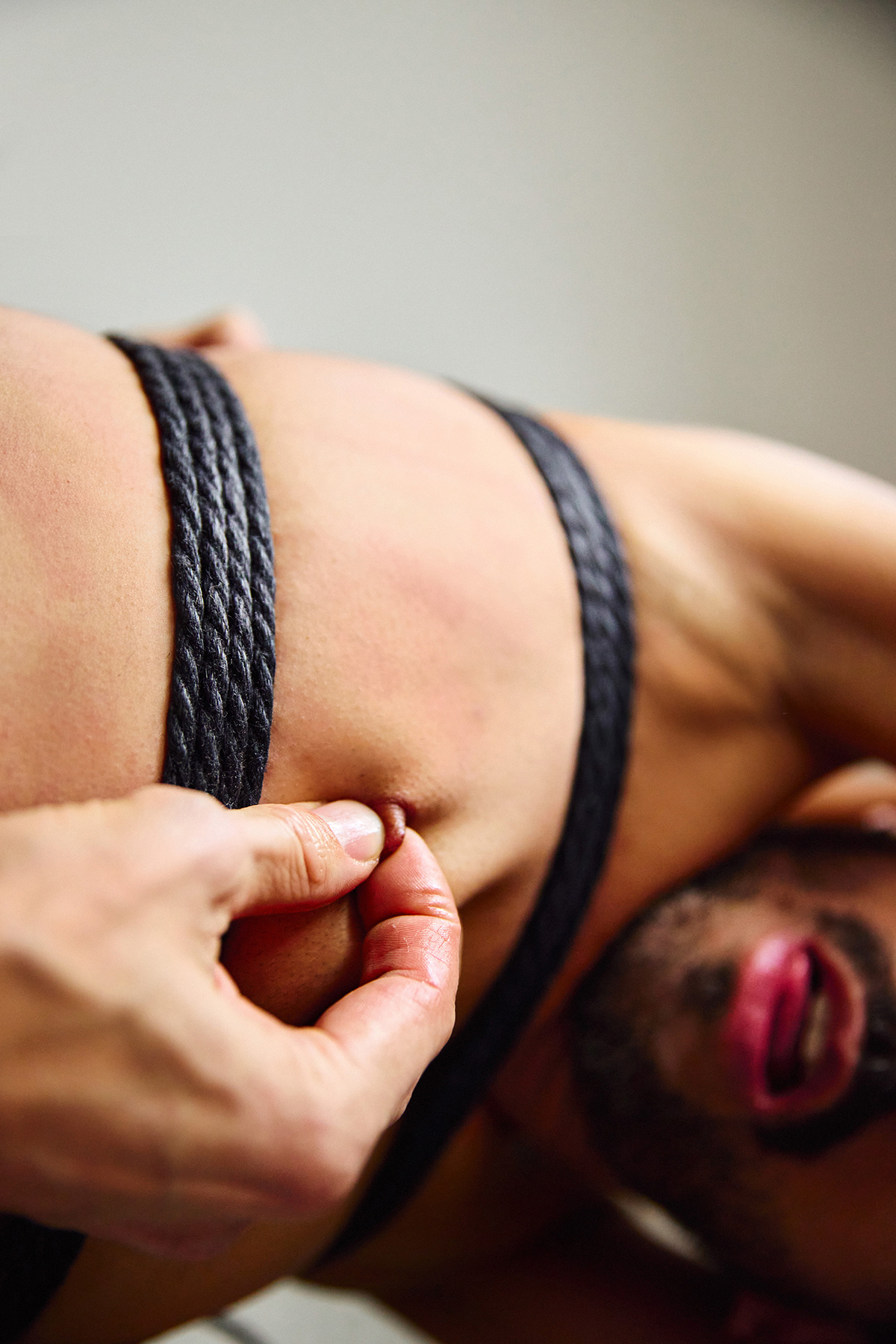
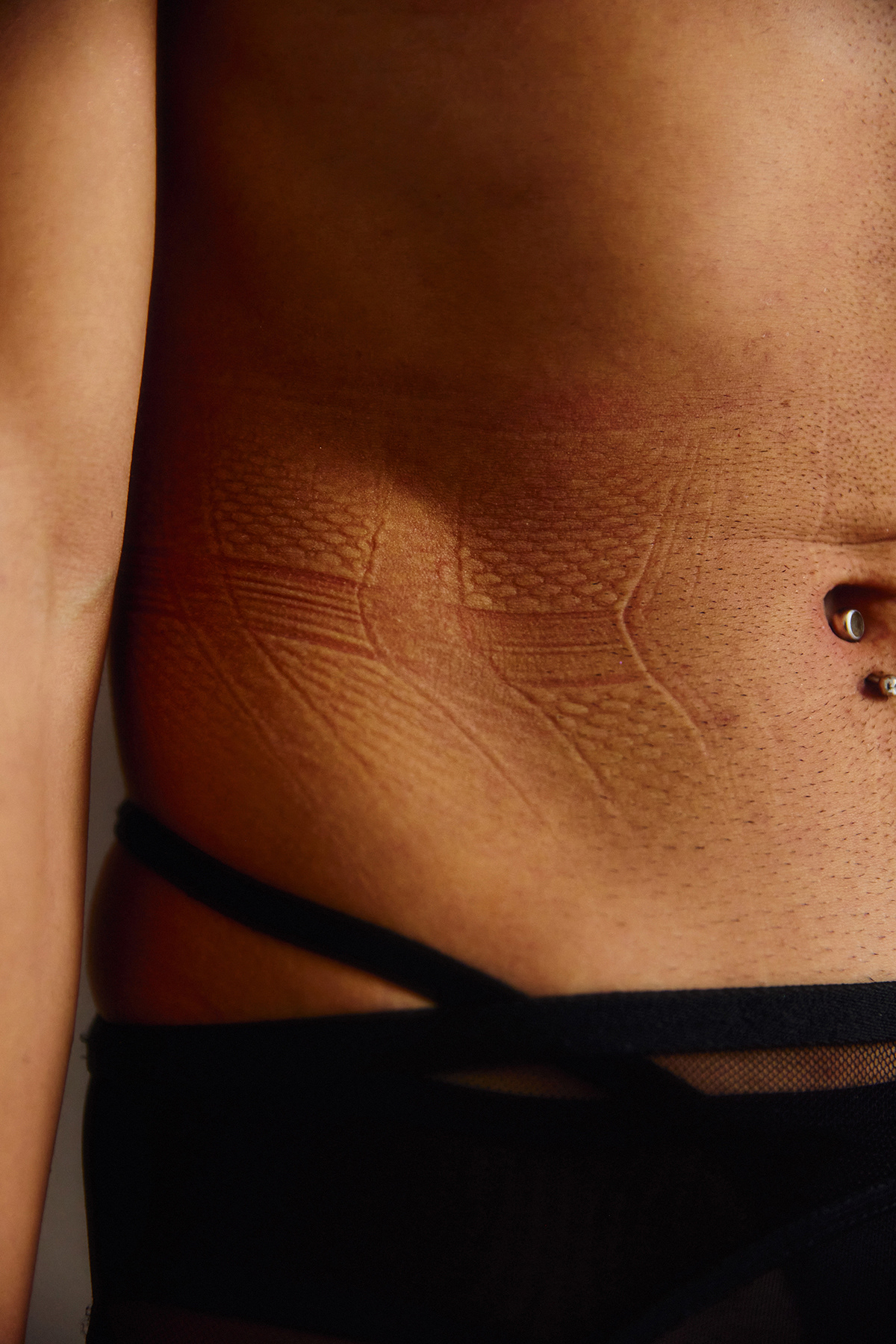
AF: Do you think queer people are affected differently by mental disorders?
Pepe: Yes, unfortunately. We are often multiply traumatized. Trauma like discrimination, rejection, violence — many queer people experience that.
And all of that leaves its mark. Many get diagnoses like mine very late — if at all. For too long, affected people are told by society and even some doctors
that they’re just “too sensitive” or “too dramatic.”
AF: You say Shibari helps you cope with your diagnosis. What would you say to people who have never come into contact with Shibari?
Pepe: It’s much more than eroticism. It can be art, healing, connection. When done respectfully and mindfully, it’s a gift —
a space where you are allowed to fall without breaking. Society doesn’t offer that space
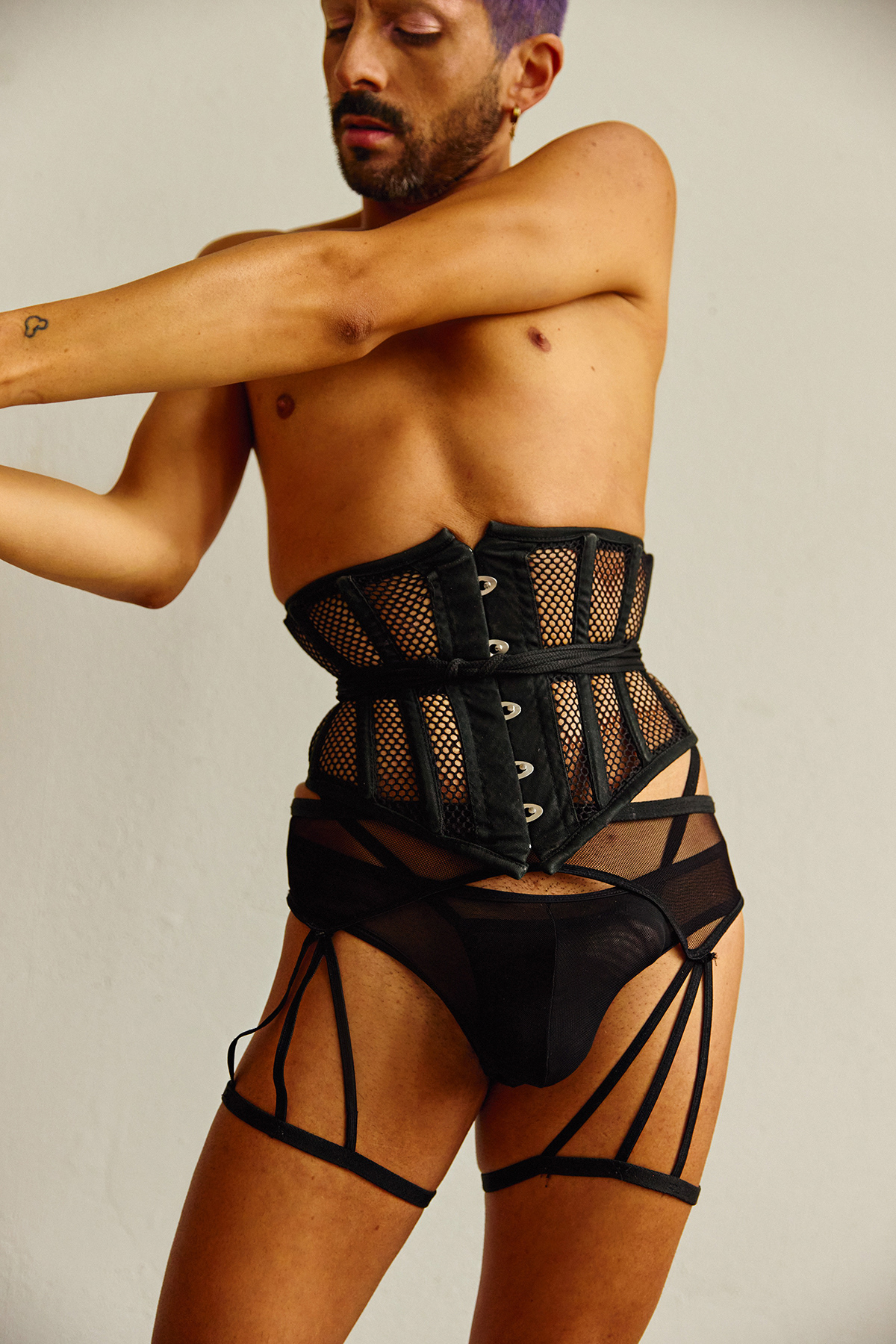
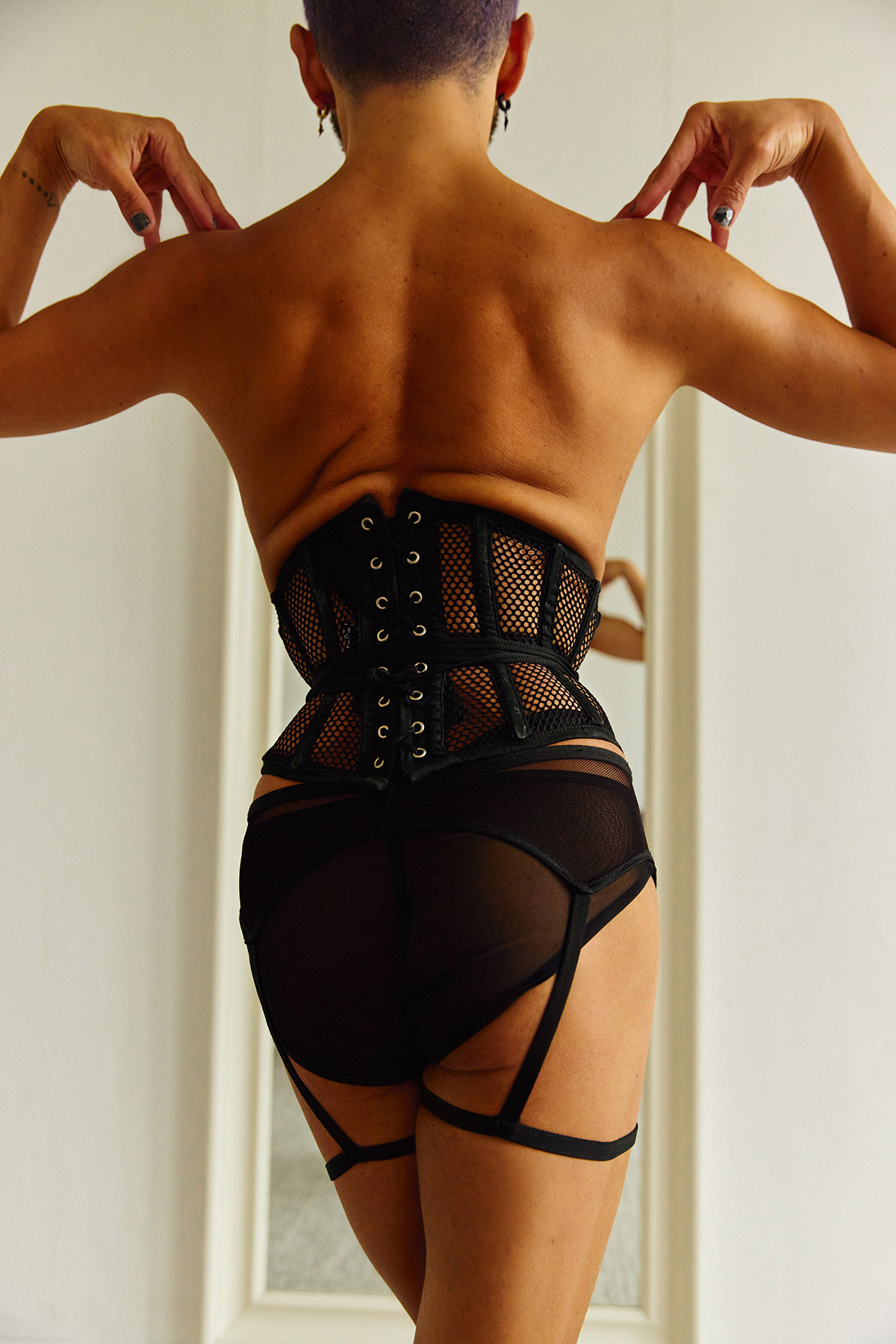
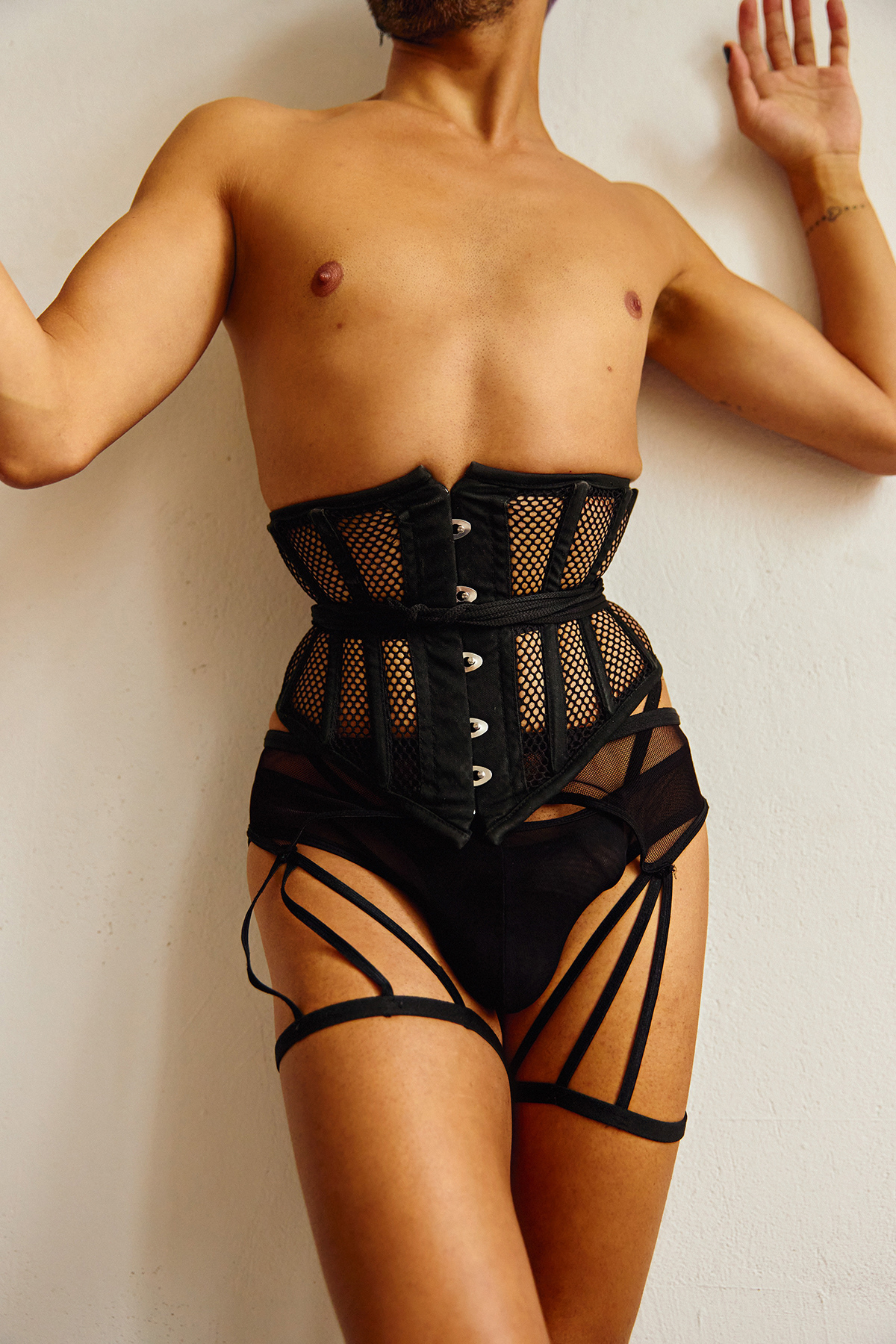
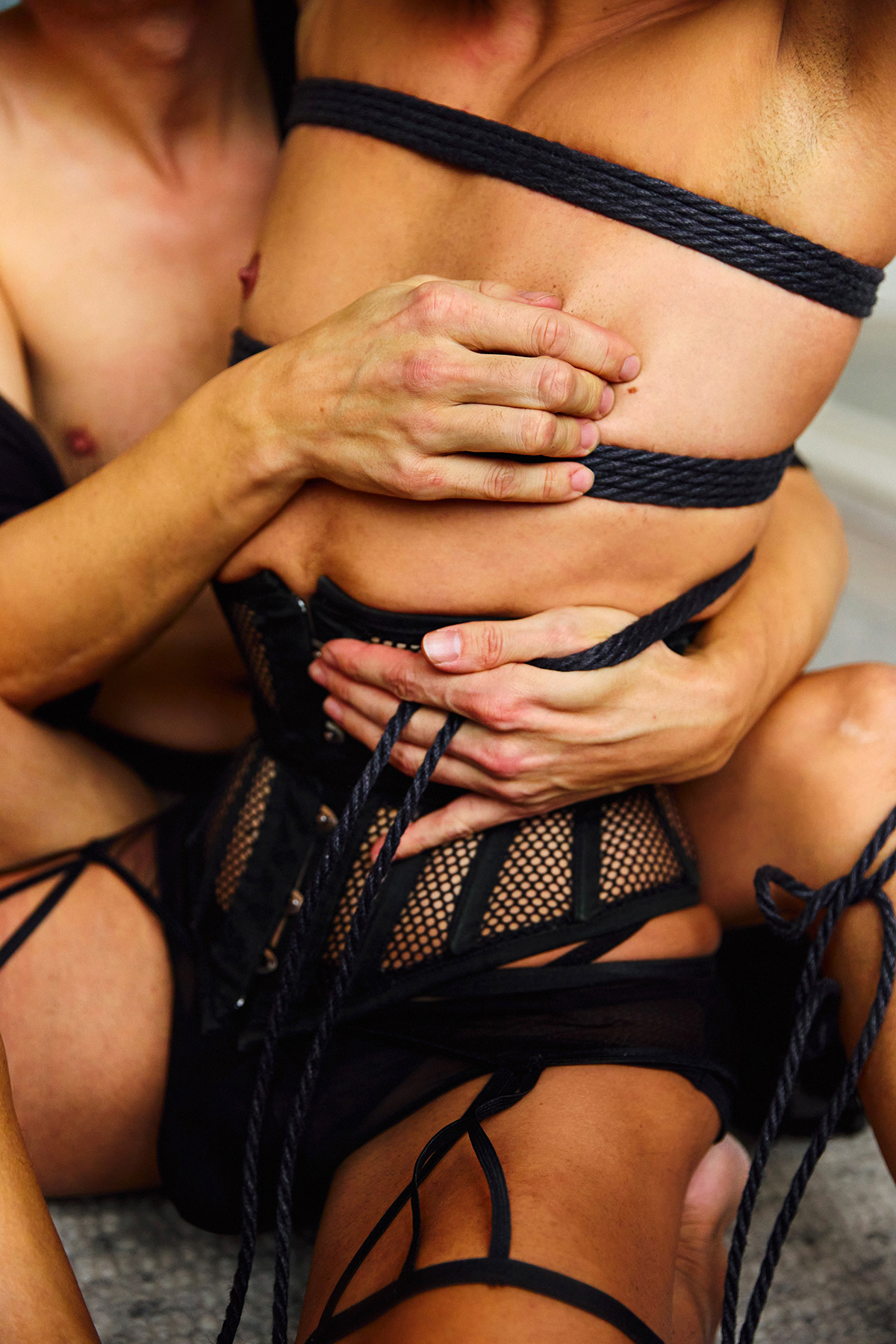
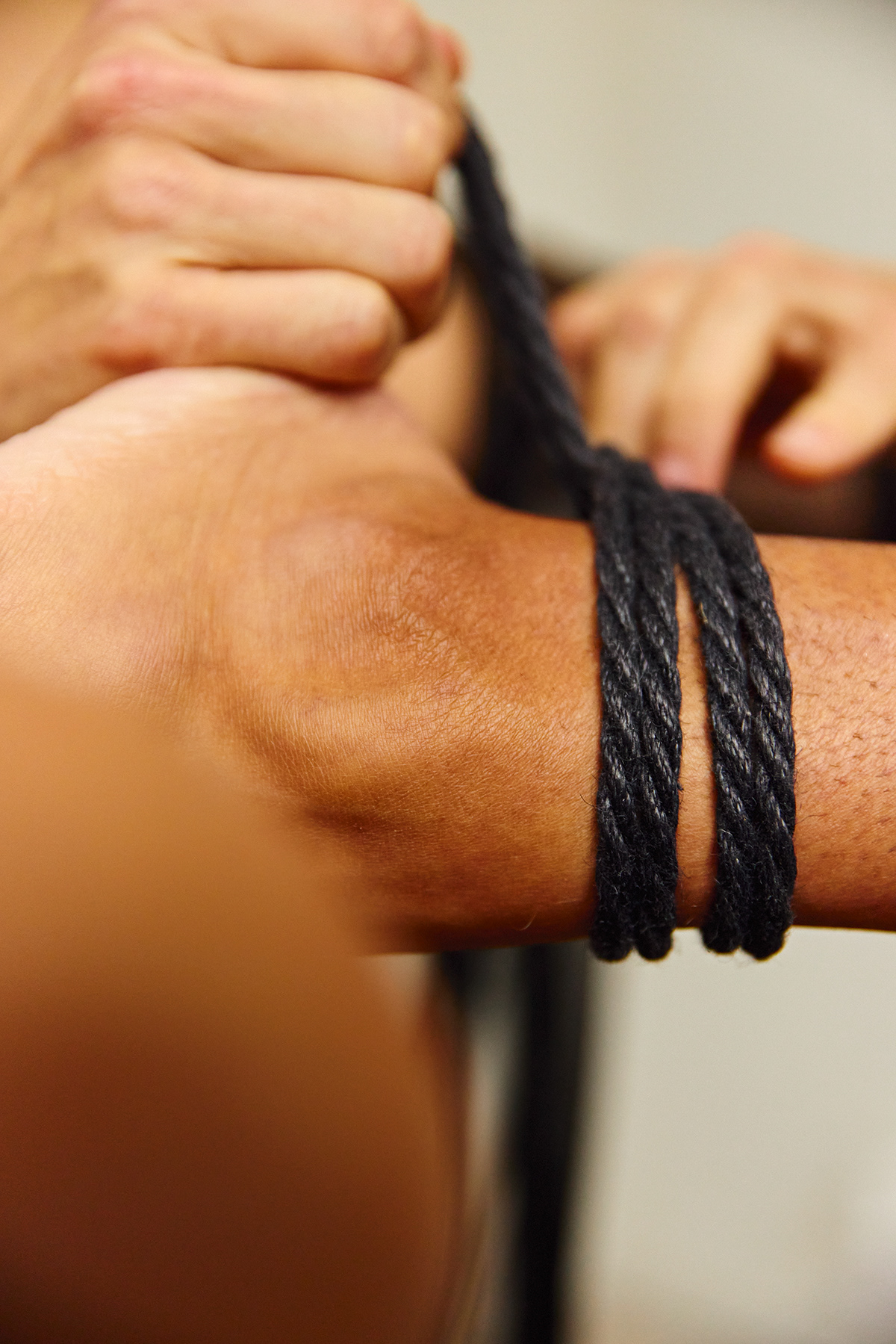
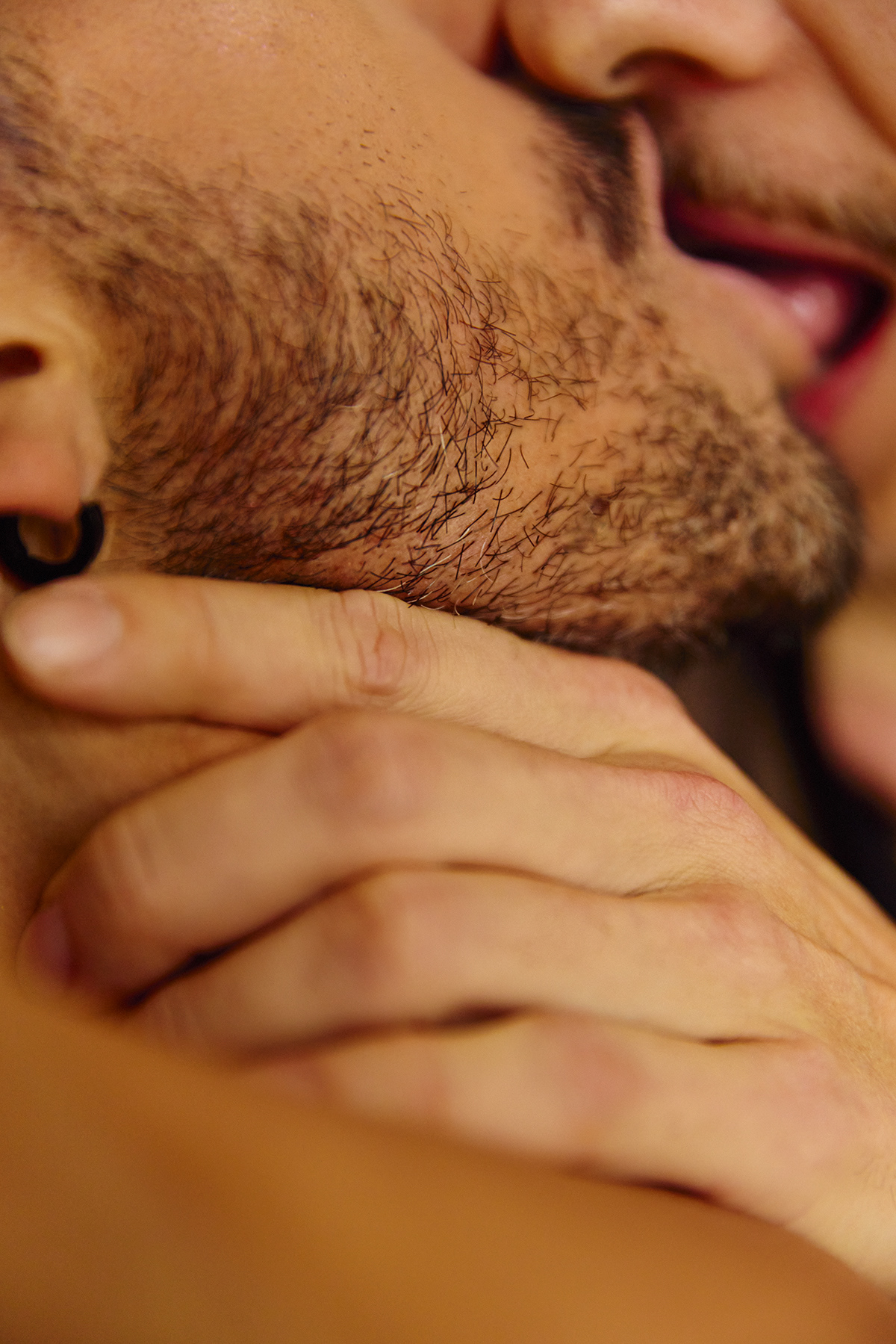
AF: What do you wish from society?
Pepe: Less stigma. More listening. More humanity. Neurodivergent people are not “problem cases.”
They are often the ones who love, feel, and give the most. At least, that’s how I experience it.
We need to stop seeing “being different” as a danger — and start understanding it as an enrichment.
That applies to all people.
